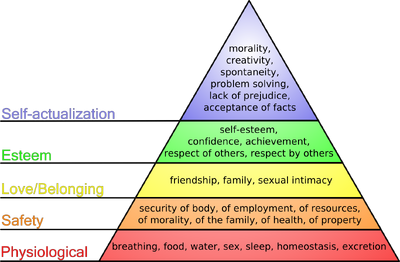On the morning of 8 October 2011, my
godmother passed away. She was actually an aunt of mine. My father was hardly
there when we were growing up. My mother had to work to support us. Hence, we
were left in the care of this aunt when we were children. She was one of the
primary caregivers of my childhood. Hence, it was natural that we acknowledge
her as our godmother. I broke down in tears uncontrollably while performing my
morning prayer that day after receiving the news as the magnitude of my debt of
gratitude towards her overwhelm me.
She is a speaker of the Teochew
dialect. And I belonged to the generation of Singaporeans which was discouraged
from dialects. I can converse decently in Hokkein and Teochew dialects, but
advance dialogue is beyond me. But she never needed to speak much with us. Her smile
and shine in her eyes whenever we visited spoke clearly of her delight and pride
at our growth into fine adults. Her love as she fussed over us is plain to see.
While coming to terms with her
departure, the Buddhist concept of nine consciousnesses occupied my mind. The
nine consciousnesses can be summed up as such:
- The first five consciousnesses correspond to the five senses of sight, hearing, smell, taste, and touch. This is the level that we generally relate to our environment and people around us.
- The sixth consciousness integrates the perceptions of the five senses into coherent images and makes judgments about the external world. In other words, it is our attempt to makes sense of the information provided by the first five consciousnesses.
- The seventh consciousnesses can be described as our awareness and attachment to the self. It is where we form our identity as an individual.
- The eighth consciousnesses can be understood as our karmic storehouse. This is where the accounts of our thoughts, deeds, and actions are stored as karmic potential.
- And the ninth consciousnesses represent our shared Buddha nature.
There are 2 lessons we can derive
from the nine consciousnesses:
Firstly, every individual possesses
their own nine consciousnesses. When we sleep, our first six consciousnesses
actually enter a dormant state to “recharge”. And when we die, our seventh
consciousnesses also enter the dormant state to “recharge”. But the eighth and
ninth consciousnesses will continue to exist and will be carried forward to the
next life.
Secondly, many people can understand
that good causes beget good effect and negative causes beget negative effects.
This account, as explained in Buddhism, resides in the eighth consciousnesses
which transcend death. While alive, karma can be affected by our good deeds or
evil deeds performed via the first seven consciousnesses. But in death, the
only way to generate positive karma is through prayers and the chanting of
Nam-myoho-renge-kyo via the ninth consciousnesses.
The funeral rites will be performed
tomorrow (11 October 2011) at Block 2 Hougang Avenue 3. It is rites of the
provisional Buddhism which is not the school of Buddhism I subscribed to in this
latter day of the law. But there is no reason not to participate in it out of
respect. And in my heart, I will be furiously chanting Nam-myoho-renge-kyo with
all my might to communicate to her via the ninth consciousnesses so as to
quickly expiate her negative karma and for her to have the good fortune to
acquire the Buddha’s body and attain enlightenment.
I love you, ma.
And my thanks to all well-wishers.


